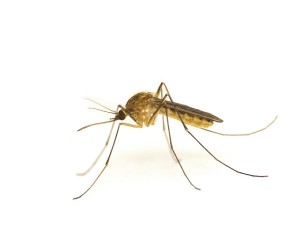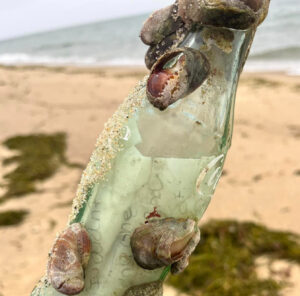 HYANNIS – State Representative Will Crocker recently joined with House colleagues to support legislation designed to help coordinate an enhanced statewide response to the public health threat posed by Eastern Equine Encephalitis.
HYANNIS – State Representative Will Crocker recently joined with House colleagues to support legislation designed to help coordinate an enhanced statewide response to the public health threat posed by Eastern Equine Encephalitis.
The bill, titled “An Act to Mitigate Arbovirus in the Commonwealth,” was approved by the House of Representatives on a vote of 158-0.
The bill authorizes the State Reclamation and Mosquito Control Board to “engage in preventive, management and eradication methods” whenever the Commissioner of Public Health determines that an elevated risk of arbovirus exists or may exist for the current or upcoming year.
“EEE, along with West Nile Virus, is a summertime threat to the region,” said Crocker.
“This piece of legislation allows for an aggressive plan for managing this annual problem, while still allowing towns to have control over the spraying of their communities.”
EEE is an arbovirus that is generally transmitted to humans through the bite of an infected mosquito.
Although it is rare, EEE can cause severe neurological problems and in some instances can be fatal.
Massachusetts recorded 12 human cases of EEE in 2019, including six deaths.
There were also nine cases last year involving domestic animals.
State officials recently confirmed that mosquitos tested positive for EEE in Western Mass, which marks the earliest EEE has been detected in the state in the last 20 years.
So far, no humans or animals have tested positive this year, but the Department of Public Health is advising residents to take precautions.
Crocker said that the bill requires the mosquito control board to provide at least 48 hours advance notice prior to conducting any aerial spraying.
The board must notify local and regional boards and commissions, including boards of health, along with any property owner who has opted out of spraying, as well as agricultural entities such as beekeepers, cranberry growers, certified organic farms and aquaculture facilities.
The board must also provide a form on its website that individuals can use to request notifications.
The bill requires the mosquito control board to post a report on its website within 30 days of any aerial spraying detailing the specific preventative, management, and eradication methods used, areas sprayed, number of applications, and products used.
It further stipulates that any actions taken by the board must be done in a way that protects public health while minimizing any adverse impact to the environment.
The bill also requires the board to allow property owners to opt out of aerial spraying and directs the Executive Office of Energy and Environmental Affairs to develop a process for the board to allow cities and towns to opt out of spraying, provided they have an alternative mosquito management plan in place that has been approved by DPH.
The Senate previously approved its own version of the EEE bill.
The House and Senate will now work to reconcile the differences between the two bills to produce a compromise that can be sent to Governor Charlie Baker for his signature.
For more information on EEE from state officials, click here.
























